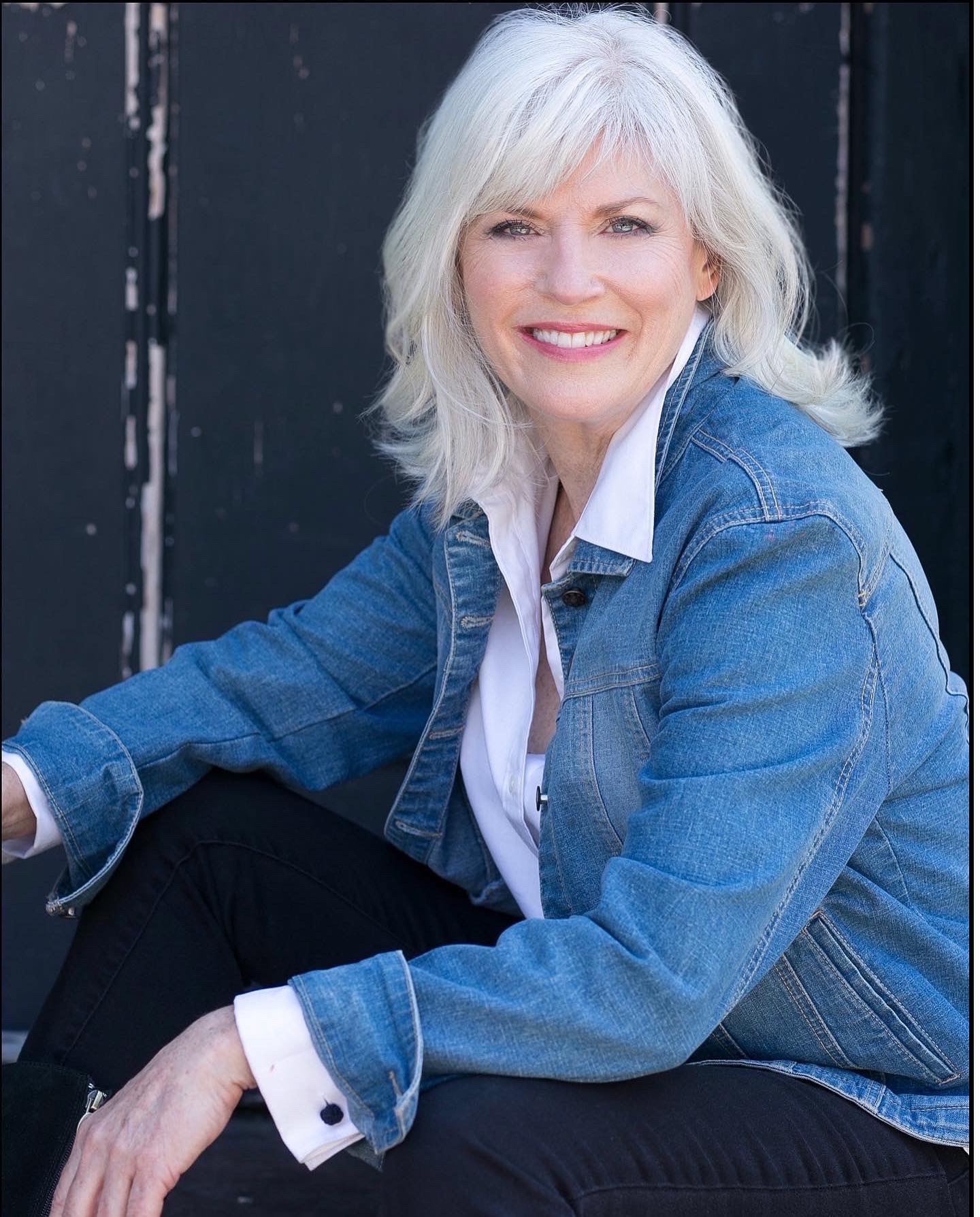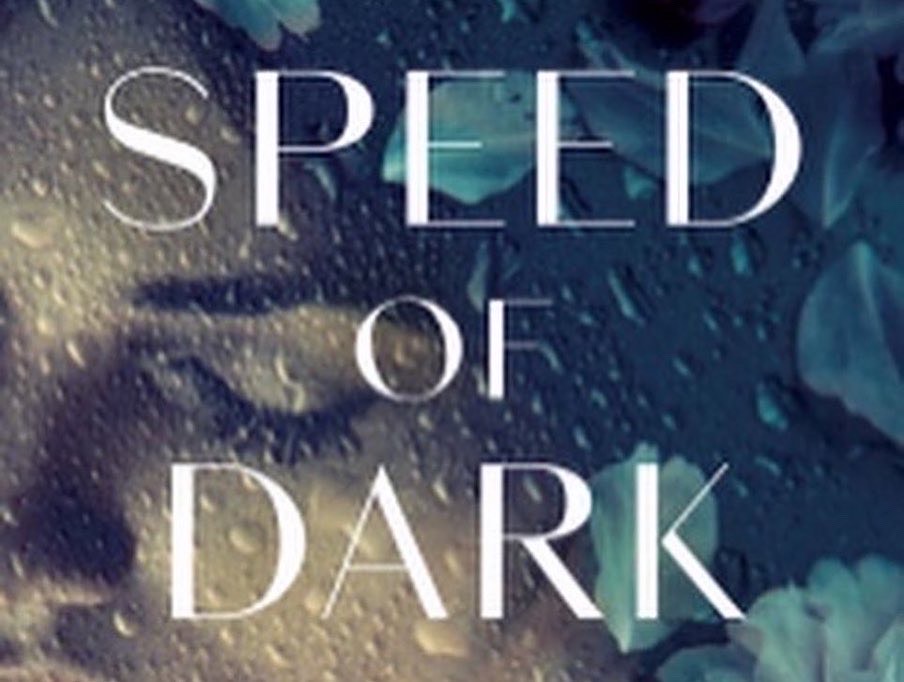I’m honored to have Trisha Ricketts as a guest blogger on Writer Wednesday. I met Trisha when I joined a Facebook writing support group, Lady Sings the Clues. We share posts on Facebook every Tuesday and Thursday. Interviewing authors allows readers to get to know the writer behind the story. Read on and delve into Trisha’s amazing world.

1. If your protagonist could change anything in her life, what would it be and why?
If she could, Mary Em would go back to the morning she didn’t say NO to Petey’s request to go to school so he could play that night with his basketball team. He was desperately sick with a bacterial infection [not unlike the one that killed Jim Henson of Muppet fame]. If she’d only said, “No!” he might mean he’d still be alive. [Not a spoiler alert as this information is available in Chapter #2.]
2. How long have you been writing? What was the motivating factor that got you started?
As with so many authors, I’ve been writing for most of my life—as a diarist in grade school [full of who was caught kissing in the cloakroom stuff], as a short story writer in high school [loosely based on my date-life mashups], and as an early novelist [somewhat autobiographical]. I wrote that first one, Even, After All the Years, while my children napped each day from 1:00-3:00. From that experience I learned a lot: how to get an agent [I did!] and how to get my readers to turn the page [I did!]. Unfortunately, this was written before computers, so I only had three hard copies, which were lost in a move. Then, for my thirty-year career as a high school English teacher, I wrote poems, oral histories and essays along with my students. However, my fire for writing was re-ignited when I received a scholarship to the University of Edinburgh in Creative Writing in 2011. Speed of Dark is one of the results of that amazing experience.
3. What do you want most for your readers to come away with after they read your books?
My novels delve into characters—funny, endearing, unique—so I want my readers to enjoy their diversity, their peculiar flaws and foibles, and their need for redemption. But I want them to increase their appreciation for this planet Earth, too—its freshwater resources especially in Speed of Dark. Built within my writings, however, is a deep, abiding faith in the goodness of people and creatures, and in the intricacies of the human soul. I hope reading my novels enhances the impact we have on each other. Because reading fiction allows a reader to be transported into another’s worries, catastrophes, hopes and dreams, it allows for not only an increase in empathy but also an increase in kindly behavior.
4. What is the last book you’ve read purely for pleasure?
I recently finished Abraham Verghese’s The Covenant of Water, which is a five-decade saga set in India exploring love and loss, the caste system, and leprosy. His attention to medical detail is marvelous; his understanding of human kindness daunting.
5. Tell us about your latest book.
Set in 2020 at the start of the pandemic in Chicago The End of June is an odyssey of sorts. Wrestling with the constraints of Covid, too much concrete and a crazed man, whom she worries is out to get her, June heads to Northern Wisconsin in a 1982 Vanagon with her dog, Henri [who speaks] and a charming, but mentally compromised 10-year-old girl, Mary Cate [who has visions]. On their way to the boundary waters to see the Aurora Borealis, they meet many fascinating people who leave them with special “gifts.”
6. Name three authors you would recommend and tell us what you like about their writing.
I love Pat Conroy’s writing for his lyrical use of language [have a dictionary by your side], his specific detail when describing nature and people, and his understanding of rifts between characters. I used to read part of his Epilogue from Prince of Tides to my AP English students. I’d say, as they walked in the door, “Sit down, close your eyes, and enjoy what I’m about to share with you.” And I’d turn the lights off and, as I’d read, I’d watch dreamy smiles spread across their faces.
Second on my list is Brian Doyle, who passed away in 2017, which is a shame on many levels. His writing is pure poetry, lyrical, mystical and fine. Mink River and Chicago are, perhaps my favorites: the former set in Oregon near the mouth of the Mink River where native Americans live close to the earth attuned to the symphony of sounds and behaviors of the creatures around them; Chicago is, of course, set in Chicago, a loosely veiled autobiography of Doyle’s year spent living in Chicago during which time he meets gangsters, gamblers, policemen, a delightful bus driver and his first girlfriend.
Third, but not last, is Toni Morrison whose novels are riveting in their display of rich characters in unusual situations: The Bluest Eye, Song of Solomon, Paradise, Sula, Jazz, and perhaps best for me, Beloved, which I also taught to my AP English students. I’d announce before we started the novel, “OK, boys. Strap yourselves in. You’re about to read about women and all their life-giving fluids. Get ready.” And they’d come along for the ride—with me and with MS Morrison. Morrison does not shy away from the supernatural and this, I believe, is one of her greatest gifts: her guts to unabashedly explore that realm. I want to be like her when I grow up.
7. What themes do you regularly employ in your writing?
Faith in the goodness of people and the power of nature, the spirit of love that rises and ebbs in individuals, the exploration of magical realism through creatures—both animate and inanimate.
8. How did you develop the idea for your most recent work?
Almost always an image comes to me; for Speed of Dark, it was this woman sitting at her kitchen table one morning and realizing that this would be the last day of her life. For The End of June, it was a woman receiving the gift of a 1982 Vanagon from this bizarre, Ukrainian woman, who becomes both mentor and seer for June.
9. What was the best writing advice you ever received, and why was it valuable?
“You can’t fix no pages” which is stated in different ways by many authors. And then there’s Annie La Mott’s suggestion of “Shitty first drafts.” All good writers write them. This is how they end up with good second drafts and terrific third drafts. Each has a way of breaking through any writer’s block we may perceive we have. Btw, I don’t believe in writer’s block.
BIO
Patricia Ricketts received a lifelong love of music, the written word, the visual arts, and healthy arguing from her Irish Catholic family of origin. She’s been penning essays, short stories, poems, and novels for most of her life as she raised three wonderful children. However, after receiving a scholarship to the University of Edinburgh in Creative Writing, her passion for writing escalated. Since then, she has had short stories published in New Directions, The Slate, Meta, The Blue Hour Magazine, Realize Magazine, Storied Stuff and on NPR’s “This I Believe” website. Her love of writing informs her songwriting lyrics, which Trisha has sung at open mics and during musical events in and around Chicago she’s hosted with her artist husband, Peter Hurley. Having recently published her second novel, Speed of Dark, she is working on her third novel, The End of June, due out in fall 2024.

SPEED OF DARK BLURB
“In Speed of Dark, Patricia Ricketts begins her tale of grief and loss with a woman searching for a final escape. But if you think you’ve heard a story like this before, think again. Ricketts’ compassion, lush writing and enormous vision challenge, dazzle and, most importantly, offer a debut novel that demands readers pay attention, look around, and fulfill their own contracts with the world.” Sharon Fiffer, author of Imagining America, and the Jane Wheel Mysteries
LINKS


Thanks for being my guest today, Trisha. I love the themes of your books. And I looking forward to reading The End of June!
What a great interview. Nice to see someone else who has faith in human kindness.
Great interview. I loved hearing about your favorite books to read. I like to read as a teader first and then there are some books I read again as a writer.